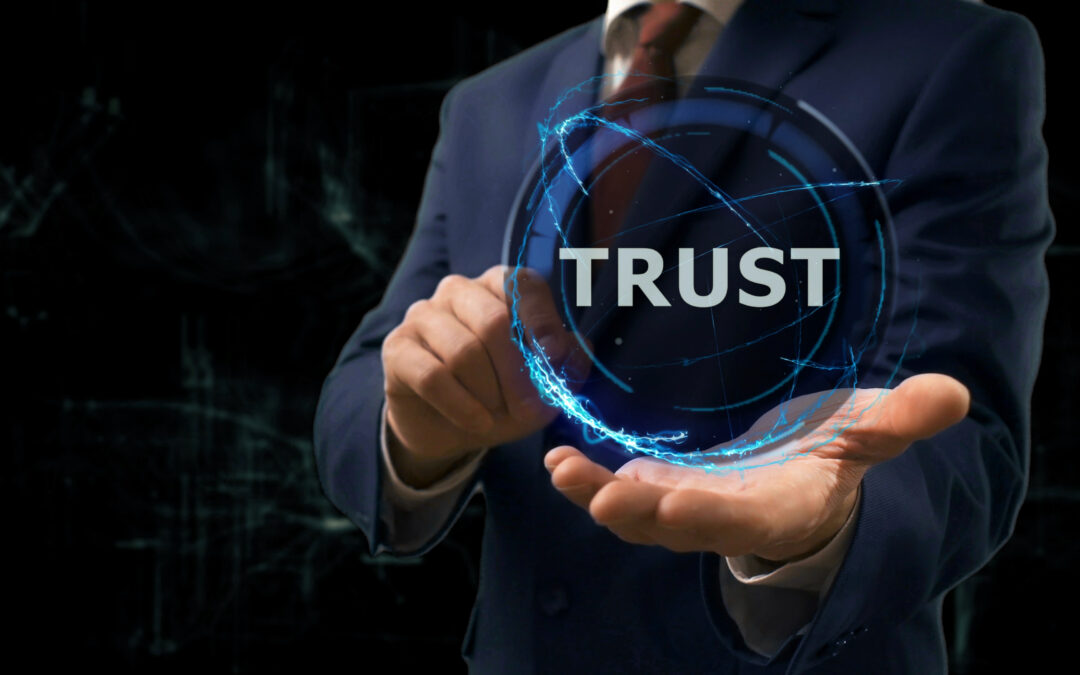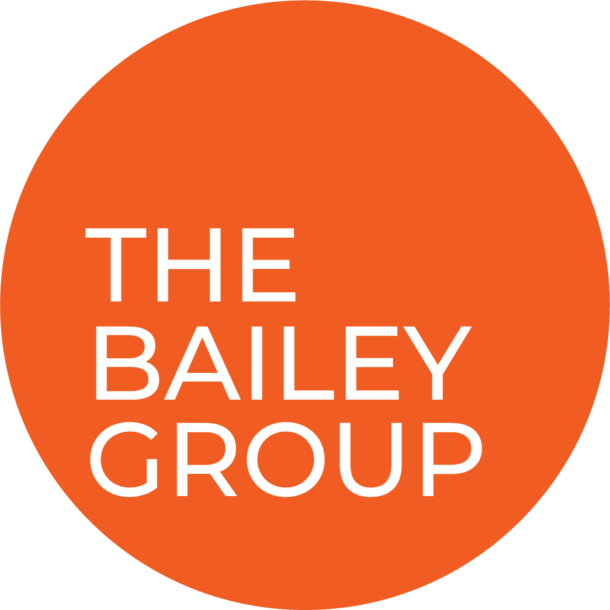We all know that interpersonal trust in the workplace is critical; trust among colleagues, trust between a leader and their direct reports, trust between a leadership team and all employees. Once broken, can it be regained?
Not easily but yes. Here is what I have found to be helpful.
- Individuals need time to process safely, with an objective person, like a coach. Talking only to friends tends to continue a narrative like “I can’t believe they did that” or “I was so clearly right and they wrong.” They need to be aware of the nuances of their mixed feelings and name them. And after feelings are named, the conversation must continue, moving the person away from their certainty that the person can never be trusted again. This can take a while; it’s a risk.
- Individuals have to own their own role, as well as the role of “the other.” Its tempting to blame. Its tempting to want to protect oneself from the unpleasant emotions of the past and avoid the person. Frankly, its easier to stay in righteous indignation than admit you played some role. One of the most common roles in the loss of trust is what I call “making up stories” about what someone really meant when they said or did something. Communication has so many little micro nuances; it is truly an interaction. Our brains communicate on a chemical and electrical level when we interact with someone, and our mindset, worldviews, personality, and past history all impact what we hear. Anais Nin once said, “We don’t see the world as it is, we see the world as we are.” It is crucial that each person involved in a situation where trust is broken is able to stay aware of their own stories that they are convinced are true—when they may not be.
- Then, there has to be an acknowledgement of mutual roles and apologies. It takes risks and vulnerability to apologize to the other for your role. “Effective apologies” aren’t easy to do. Yet they are a necessary part to lower our walls enough to move beyond feelings to a productive, solution-oriented discussion. Many individuals want to move too quickly to solutions, others stay too long in the feelings. BOTH need to be processed and dealt with before a tentative way forward can begin.
- Behavior change must occur—on both sides. Our friends at Hogan Assessments ask the question: “Can people change?” And they answer YES. They also ask, “Do people change?” and the answer is NOT THAT MUCH. However, once behavioral agreements are made, they must be kept. Mistakes/backslides occur—that is normal. Admitting to those is critical too. This is way easier said than done and we must be aware that our brains are primed to notice and react behaviors in very patterned ways…All it takes is one “backslide” after 3 months of great behavior, and others forget all the progress and recall only the past issues.
- Open-mindedness and empathy must be cultivated. This isn’t a bad thing for anyone to develop these days but when individuals stay stuck in a rigid interpretation and mindset about another person and fail to truly see the world as the other does, trust is not rebuilt.
- Lastly, compassion and healing need to occur. Continuing to challenge our beliefs about other’s motives, having patience with the change process (our own and others), and truly assuming positive intent is necessary, too. If this occurs, however, rebuilding an interpersonal relationship can occur.
These steps are not easy. Sometimes, in the workplace, its not worth this kind of personal work. Decisions to leave an organization, decisions to realign reporting relationships and roles must sometimes be made. It’s not retaliation when it works out better for each side to work together less. Anger is a difficult emotion to express effectively and in a healthy manner. And, underneath anger is ALWAYS hurt. And, hurt makes us vulnerable. Some of us can’t even admit to being angry at others or accepting the hurt underneath it. And, it can be argued, the workplace isn’t the place to process those emotions anyway. Few are trained and skillful enough to know what to DO with the strong emotions others have.
Hiring individuals with training in conflict resolution can be instrumental and sometimes absolutely necessary for trust to be rebuilt. The Bailey Group has resources, empathy and compassion for you. Give us a call.





